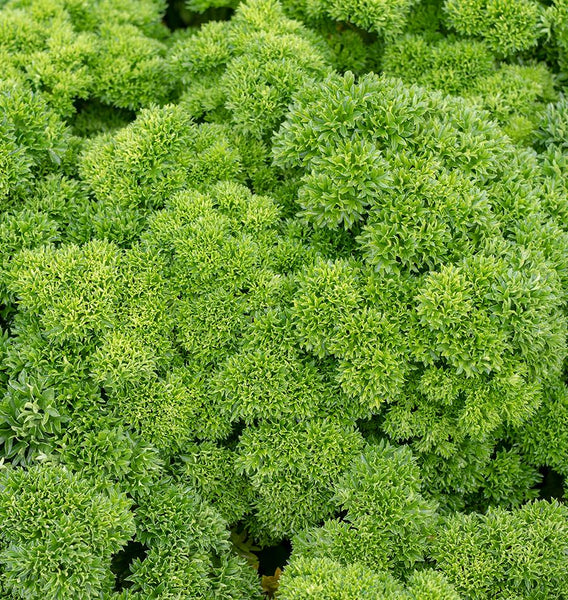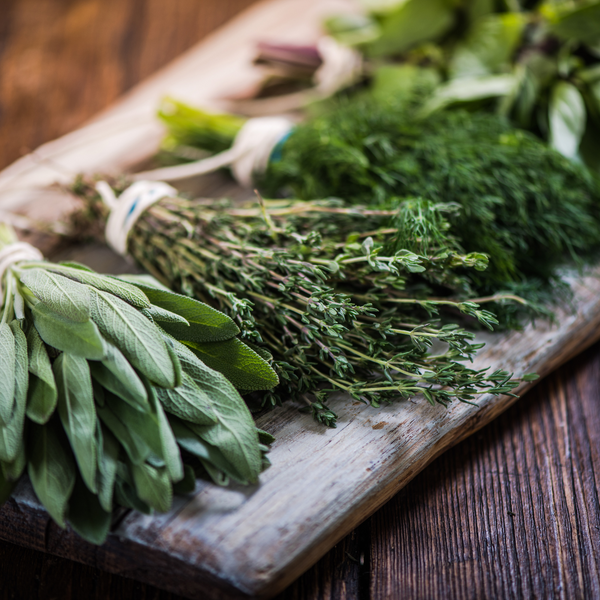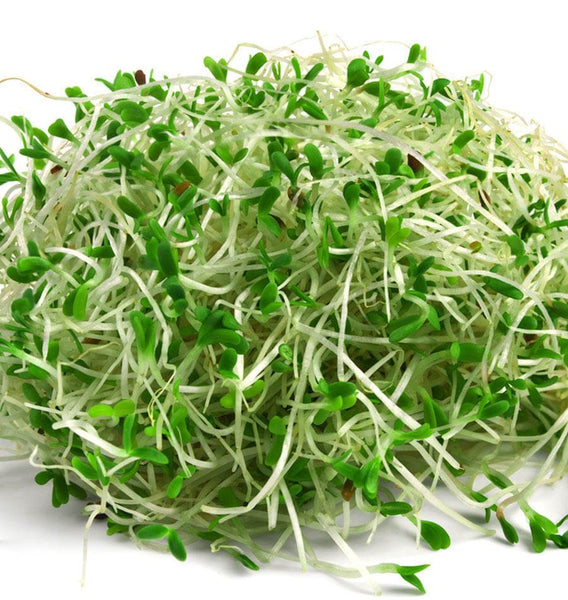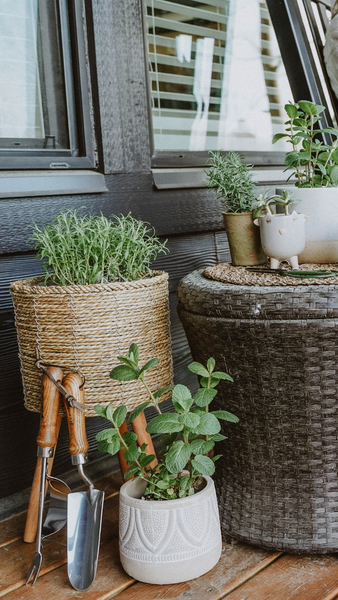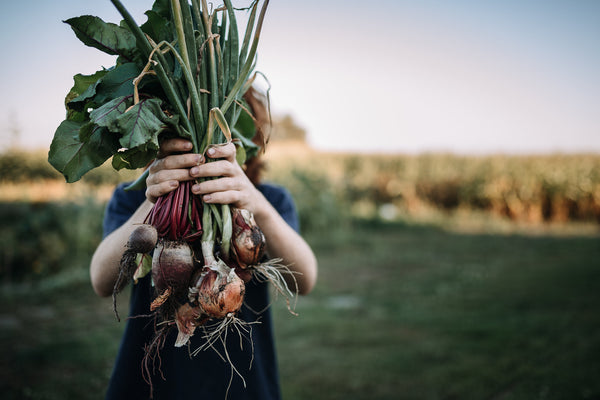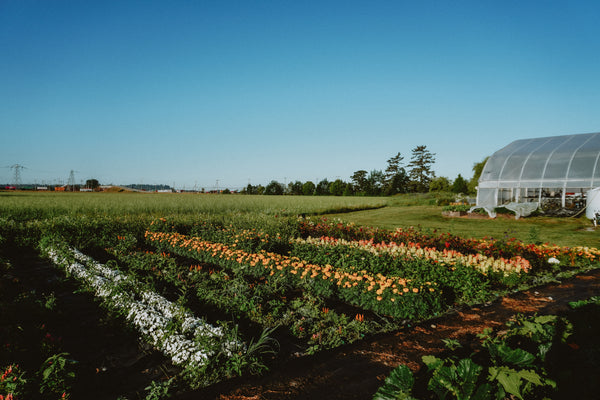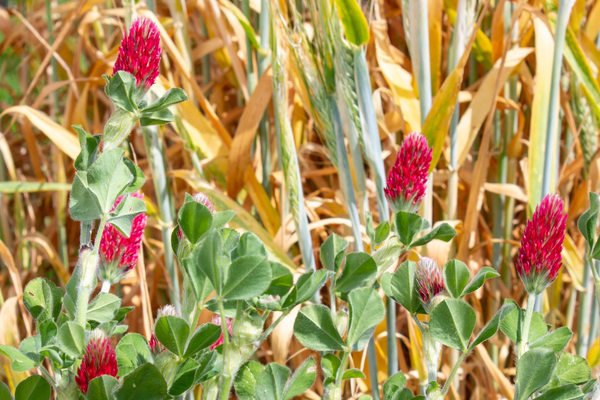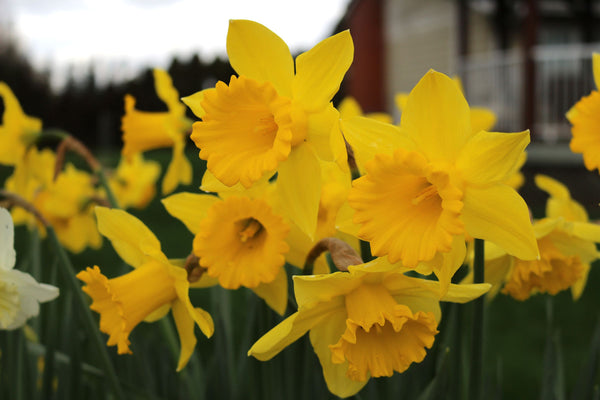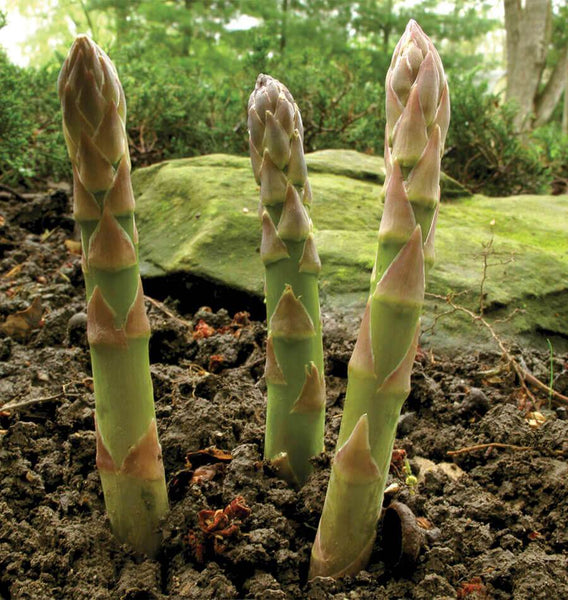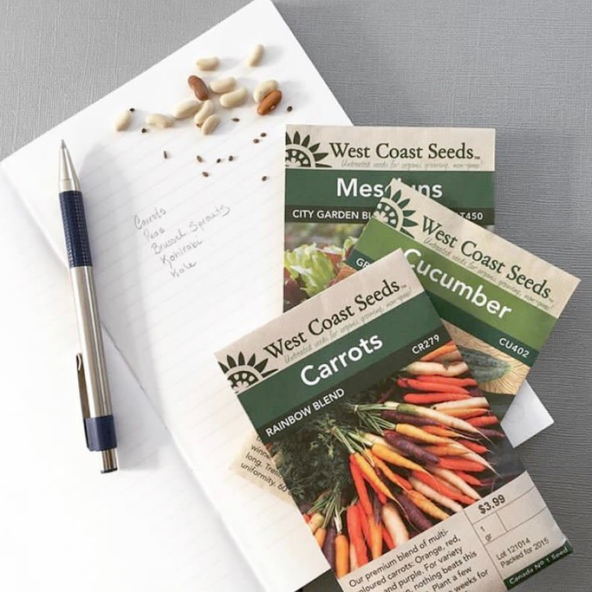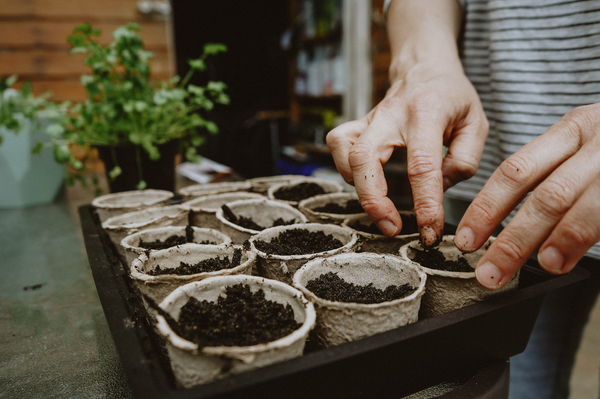It’s a slow process to grow Goji berries from seed, but once plants are established, they are highly productive. Plants will produce some fruit in the second year of growth, but from year three on, each plant will provide for healthful harvests of Goji berries. Continue reading below for tips on how to grow Goji from seed.
Latin
Lycium barbarum
Family: Solanaceae
Difficulty
Moderately difficult
Season & Zone
Exposure: Full sun
Zone: Hardy to Zone 3 — Goji dislikes extreme cold or heat
Timing
Sow indoors about 6 to 8 weeks before the last frost. It’s important to cultivate strong seedlings, so once the seeds sprout, use generous artificial light.
Starting
Sow 2 to 3 seeds in each pot, about 5mm (¼”) deep. Use a sterilized seed starting mix, and do not add fertilizer. Keep soil moist until seeds germinate, and then place under bright lights. After the third true leaf emerges, transplant each seedling on to its own individual pot. Gentle hardening off of seedlings is essential in order to avoid transplant shock.
Growing
Goji is a shrubby plant that can, in time, grow 1-3m (3-10′) tall. Growers space Goji plants 60cm (24″) apart in rows that are 2m (6′) apart. Spaced this way, 15 plants in a 30 foot row can produce up to 100 lbs of berries in a year. Goji is self pollinating, so even a single plant will produce fruit.
Goji is unusual in that it prefers relatively infertile, slightly alkaline soil with a pH range of 6.8 to 8.1. Goji reacts poorly to fertilizer and manure, so if growing in a large container, use simple top soil with some perlite mixed in for drainage. Avoid peat-based soils.
If severe winter weather is expected, it is wise to mulch around the bases of Goji plants, or move container plants into a cool but frost free area such as a garage.
